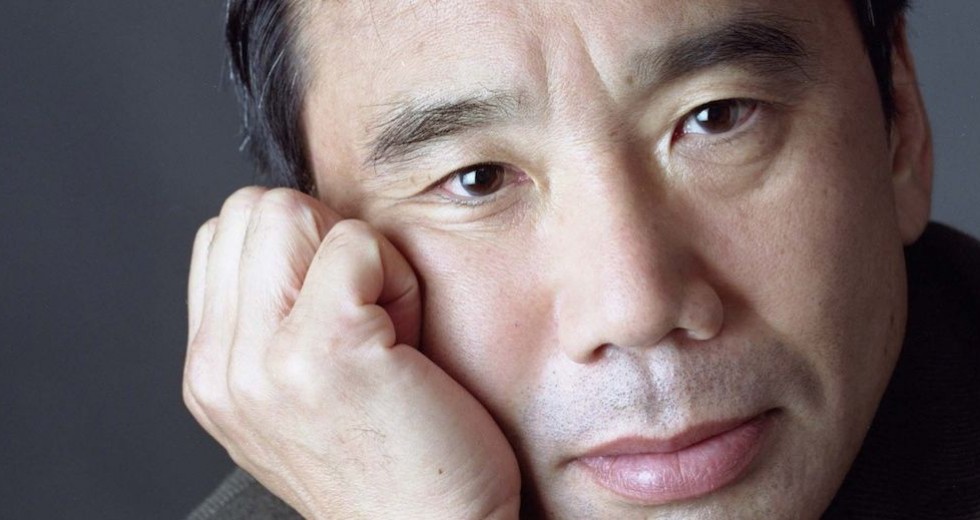
“The taxi’s radio was tuned to a classical FM broadcast. Janáček’s Sinfonietta — probably not the ideal music to hear in a taxi caught in traffic.” So opens 1Q84, the 984-page epic by revered author Haruki Murakami, who makes the Janáček work central to his novel. The English-language translation of the international best-seller hit U.S. shores in 2011.
Tengo, the novel’s hero, has a favorite recording of the Leoš Janáček (1854-1928) masterpiece (which the Chicago Symphony Orchestra will perform April 10-13 under guest conductor Esa-Pekka Salonen):
He set his recording of Janáček’s Sinfonietta on the turntable and pressed the “auto-play” button. Seiji Ozawa conducting the Chicago Symphony. The turntable started to spin at 33⅓ RPM, the tonearm moved over the edge of the record, and the needle traced the groove. Following the brass introduction, the ornate timpani resounded from the speakers. It was the section that Tengo liked best.
While listening to the music, Tengo faced the screen of his word processor and typed in characters. It was a daily habit of his to listen to Janáček’s Sinfonietta early in the morning. The piece had retained a special significance for him ever since he performed it as an impromptu high school percussionist. It gave him a sense of personal encouragement and protection — or at least he felt that it did.
Ozawa and the CSO recorded Sinfonietta downtown around the time of the Ravinia Festival’s 1970 season opener; the Japanese maestro was the festival’s music director. In a review of that concert, the Chicago Tribune reported that “in Janacek’s flashy, overblown Sinfonietta, the orchestra sounded better than ever before on the North Shore.” (The 1971 LP pairing Sinfonietta with Concerto for Orchestra by Witold Lutosławski is Angel Records S-36045. It was reissued on a two-CD compilation, now out of print, in 1998.)
RELATED: An excerpt from “The Fierce Imagination of Haruki Murakami” by Sam Anderson, published in the Oct. 23, 2011, edition of the New York Times Magazine:
I asked if we could listen to a record, and Murakami put on Janáček’s Sinfonietta, the song that kicks off, and then periodically haunts, the narrative of 1Q84. It is, as the book suggests, truly the worst possible music for a traffic jam: busy, upbeat, dramatic — like five normal songs fighting for supremacy inside an empty paint can. This makes it the perfect theme for the frantic, lumpy, violent adventure of 1Q84. Shouting over the music, Murakami told me that he chose the Sinfonietta precisely for its weirdness. “Just once I heard that music in a concert hall,” he said. “There were 15 trumpeters behind the orchestra. Strange. Very strange. … And that weirdness fits very well in this book. I cannot imagine what other kind of music is fitting so well in this story.” He said he listened to the song, over and over, as he wrote the opening scene. “I chose the Sinfonietta because that is not a popular music at all. But after I published the book, the music became popular in this country [Japan]. … Mr. Seiji Ozawa thanked me. His record has sold well.”
The CSO thanks Murakami, too.
FOOTNOTE: To accompany the Murakami interview, the New York Times Magazine published an interactive feature about key places from the novelist’s life and work — traffic and Janáček on the Metropolitan Expressway 3 included.
Andrew Huckman is a Chicago-based lawyer and writer.